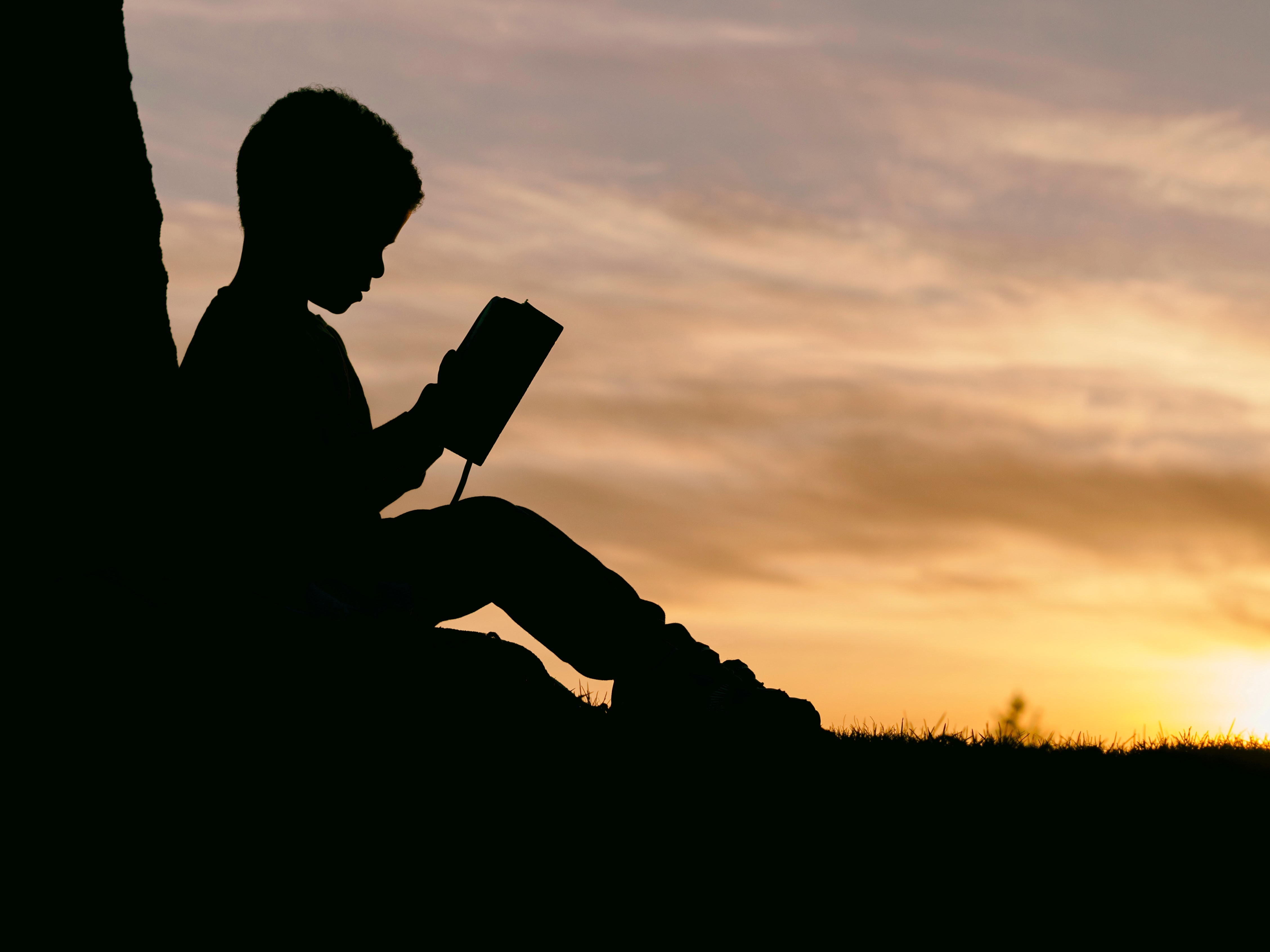
I am confident that we are getting it right as a community and as a nation fostering a social integration that will yield understanding, respect, and acceptance of cultures.
I was on the phone recently with a friend who is not Black. She asked me what she believed I should know about my history. She started by apologizing for not knowing much about black history.
To her surprise, I responded that I didn't know the answer to her question. At first, I was ashamed that I didn’t know much about my history. About my ancestors that came before me and those that sacrificed so much to make it possible for me, Evangeline Chima, to have the life I have, from the time I grew up in my birth country, Nigeria and now in this land, Canada, that I now call home.
While thinking about my friend's question, it occurred to me that our history has always been told from when our ancestors arrived in the West or when many of the countries on the African continents were colonized. This uncompleted history, told for centuries, is filled with stories of slavery, racism, discrimination, and the fight for equity. While these stories are true, they are half the truth of who we are.
However, it is the world's version of who we are as a community, both past and modern, describing black men and women with no ability and capacity to be equal and at the same level as other races of humanity. It is the story our children are taught when they are developing, in the critical stages of their lives, and we wonder why racism is not long gone.
Without teaching our children who the black race is before colonialism and slavery, we risk them having what Chimamanda Ngozi Adichie calls "the single story, the one perspective." We miss critical aspects that accurately describe the people. We fail to see the pattern of behaviour of those people visible even in the present day. Thus, we deny them opportunities because we misunderstand who they are and, most importantly, what they can achieve.
Because our history told, both in the past and in the modern-day, starts with slavery, it limits the ability to imagine what is possible for the black race. The history of black people, I have since discovered, tells me that my ancestors were kings and queens, front-runners, trailblazers, superiors, and leaders. Yet, we may never know this empowering aspect of the black race because the history taught in schools to our children coveys weakness instead of resilience, laziness instead bravery, loud instead of boldness, and so on.
I was practicing my speech when my son interrupted me and said, mom, black history is taught in school.
"Really? What were you taught?" I asked.
He said they were taught about slavery and what happened to the people of African descent, our ancestors. Then his face changed as he remembered being the only black in his class when this part of history was taught and how everybody looked at him in pity.
If we must teach history, then the history of all races must be provided in full so that we build citizenship through understanding each other's strengths and uniqueness.
As it stands now, the responsibility to document black history in print and add it to the school curriculum is our own. I stand here today, knowing we must all act now to save our future and enact the change we want.
The likelihood that all our children will have a positive experience in schools, community, workforce, and businesses is ours to create. So, I appeal to all of us here today, black, a person of colour, Indigenous, white, to create that change.
This must become true for all of us - that is just and right.
Speak up when you enter a room and see only those who look like you.
Speak up when you enter a room and see that you are the only one that looks like you.
Speak up when you see that the literature taught to our children addresses only the history of one group, people, or race.
Speak up so our histories are shared in the form that empowers and elevates.
My brothers and sisters, no matter your colour, race, or gender, may this be the day we act. Like the honourable John Lewis said: “Get in good trouble, necessary trouble.'
Recommended Black Authors:


